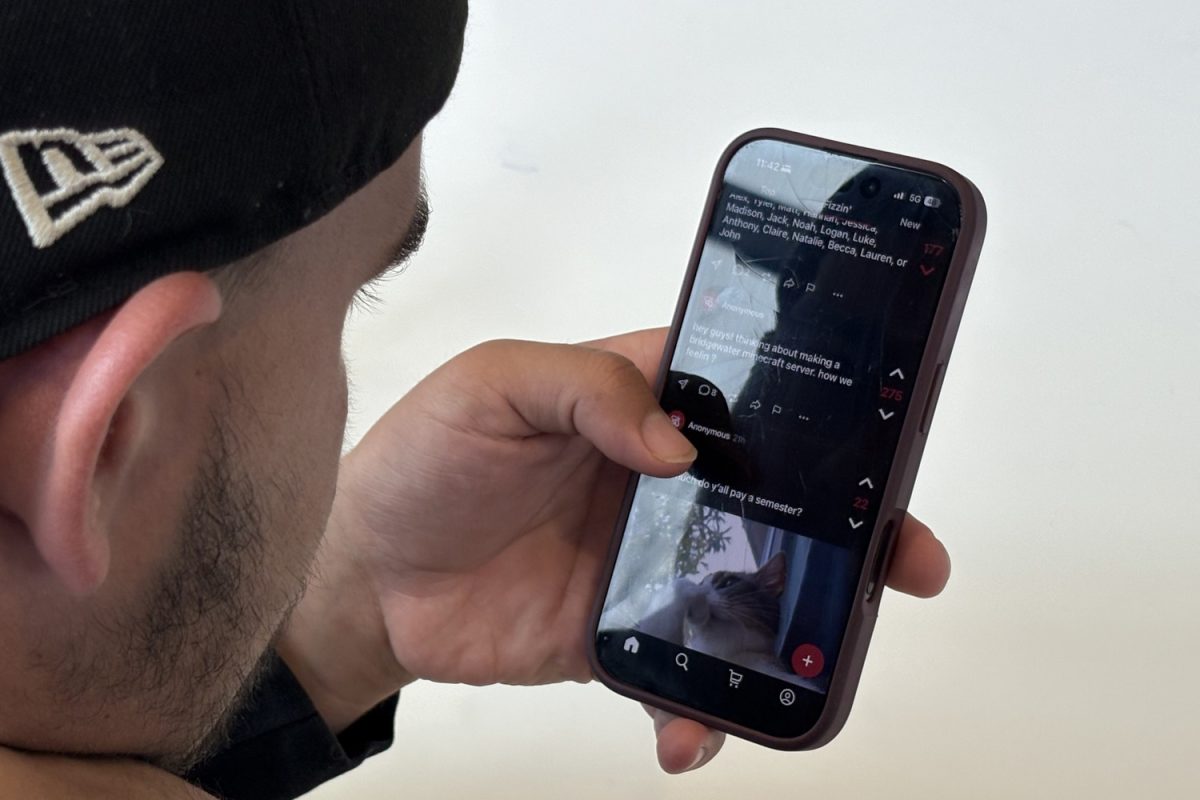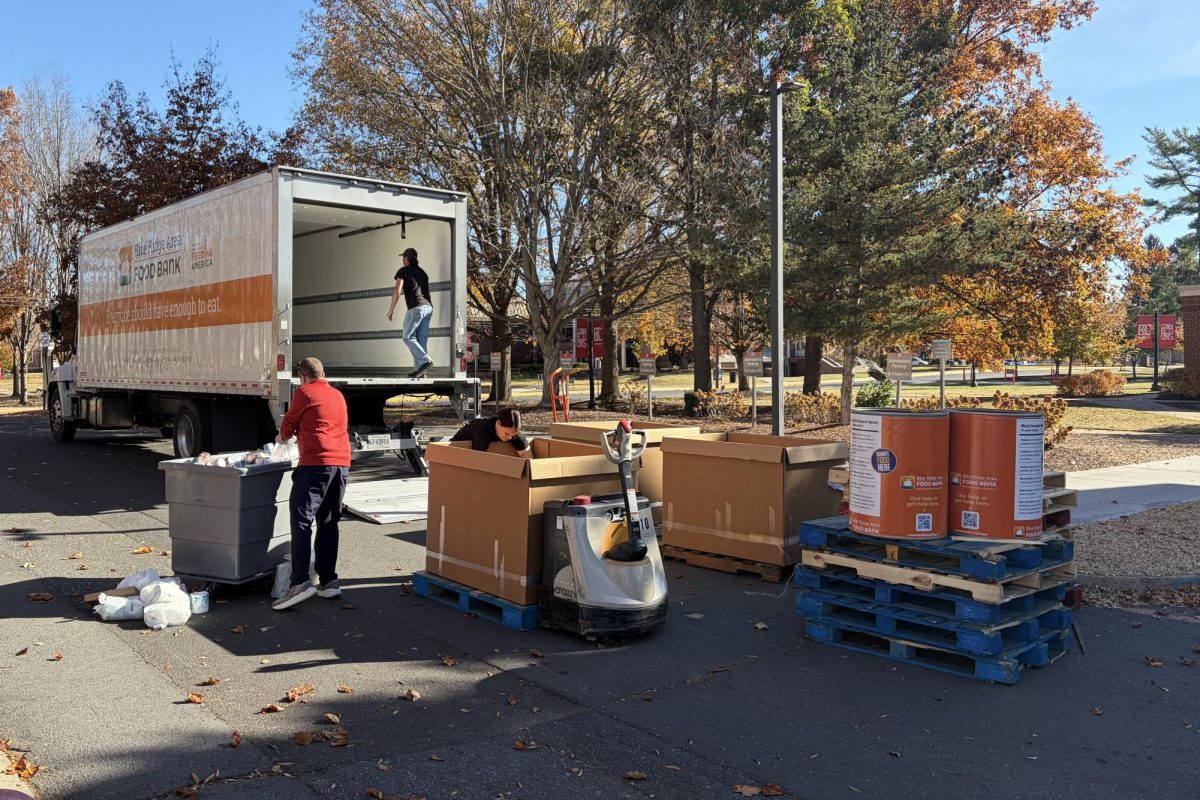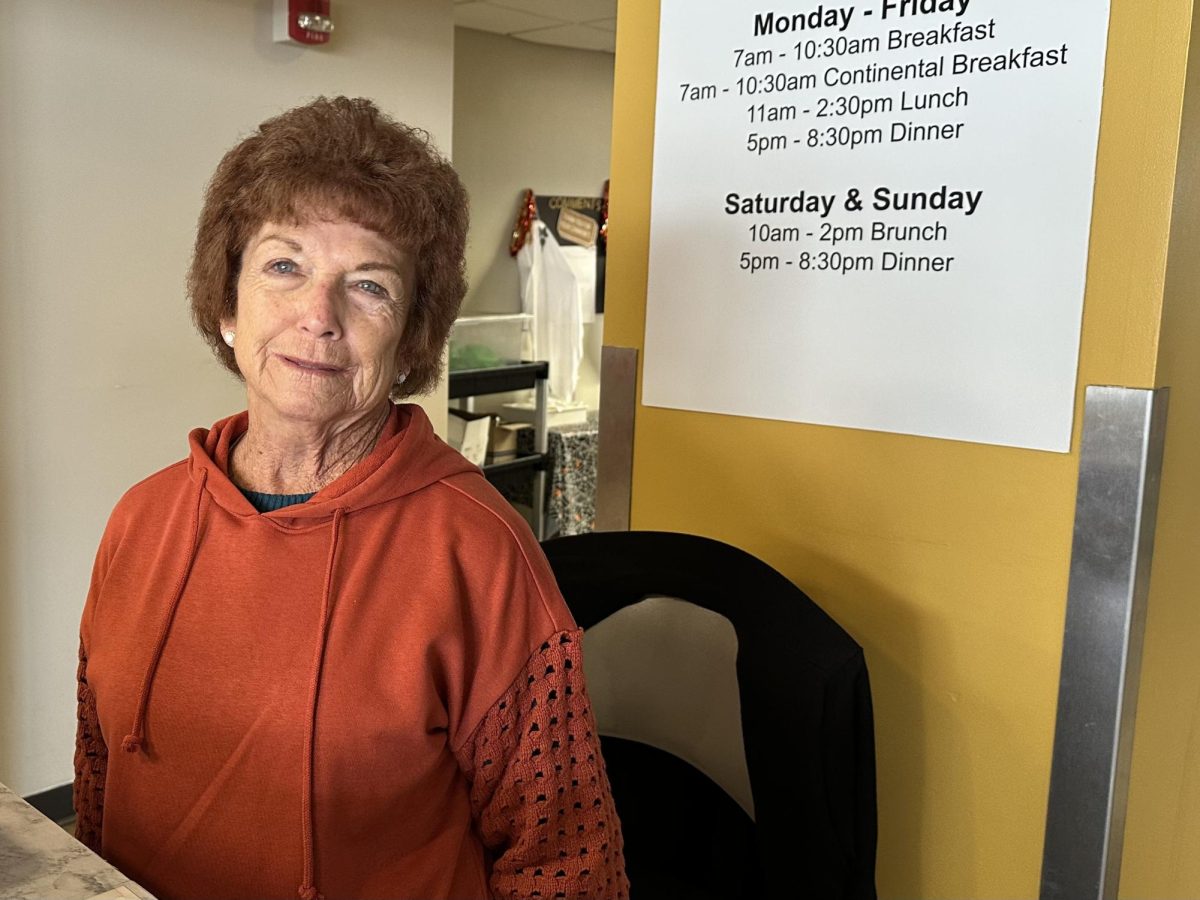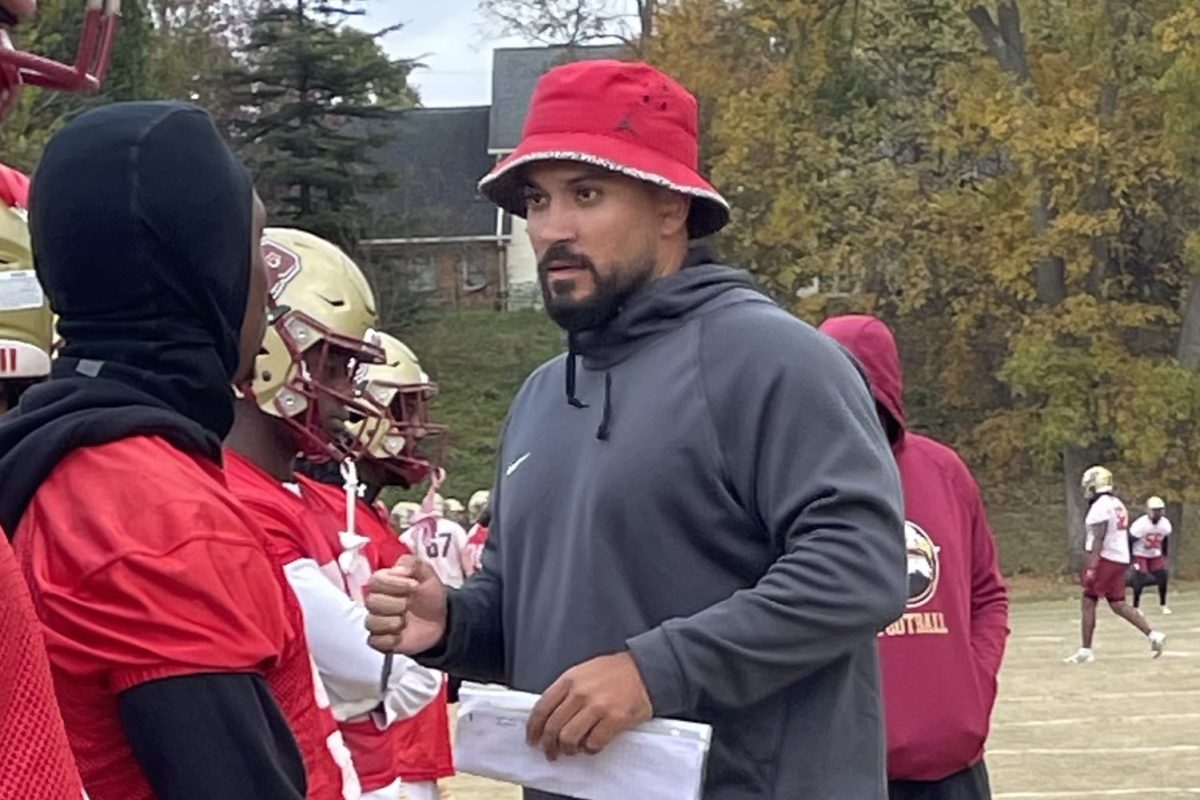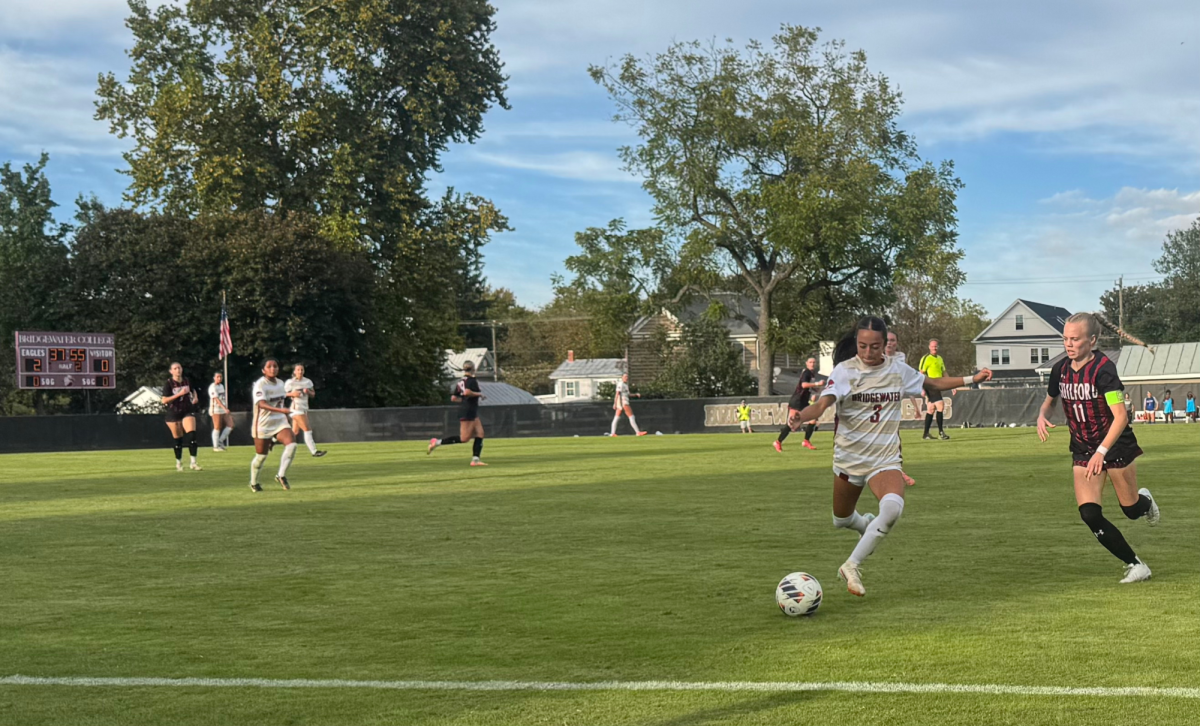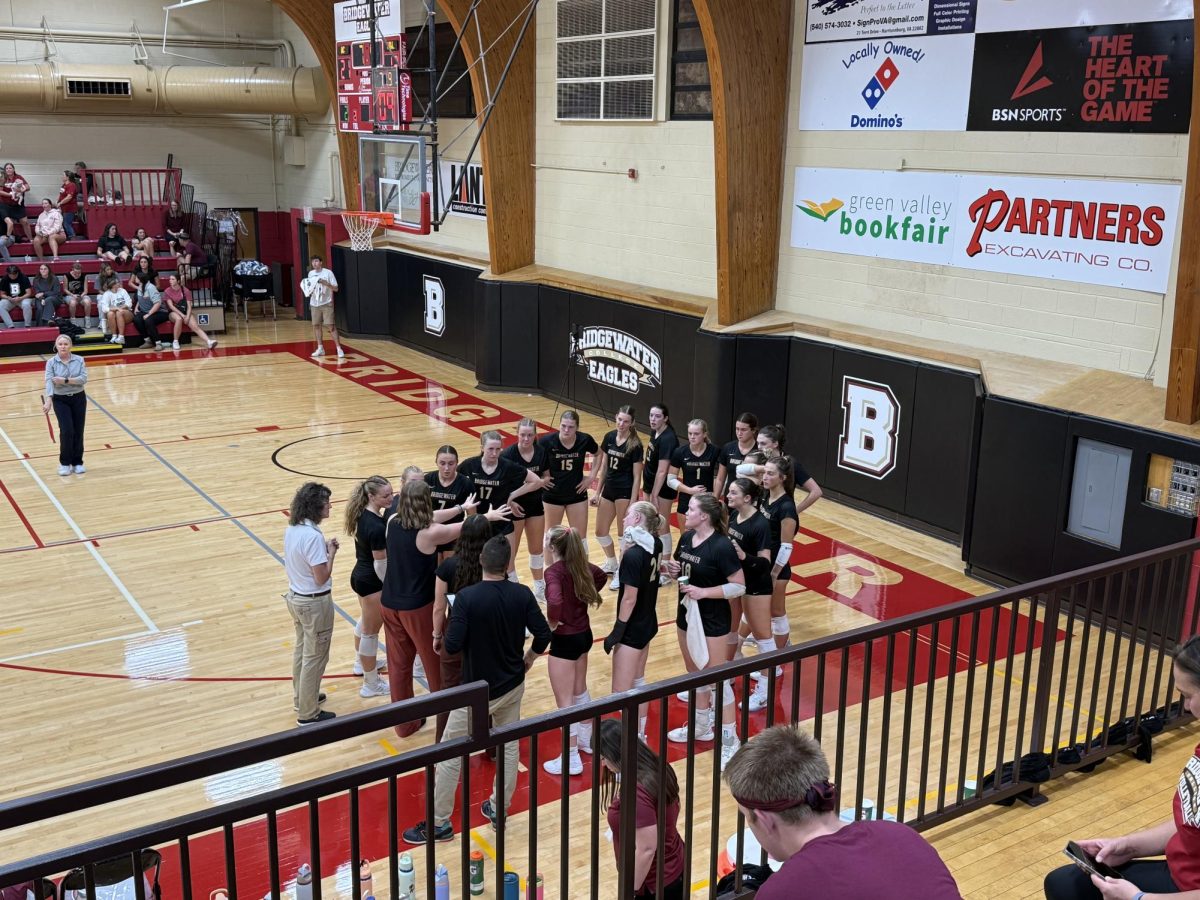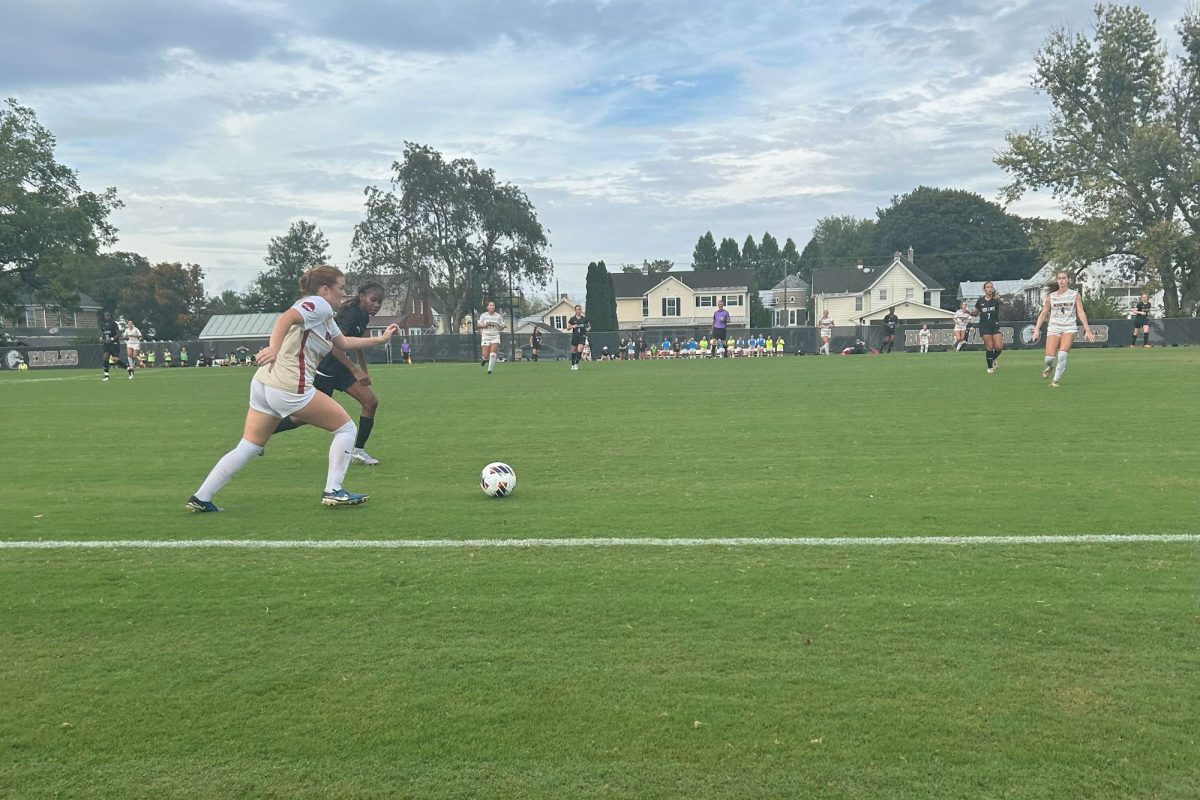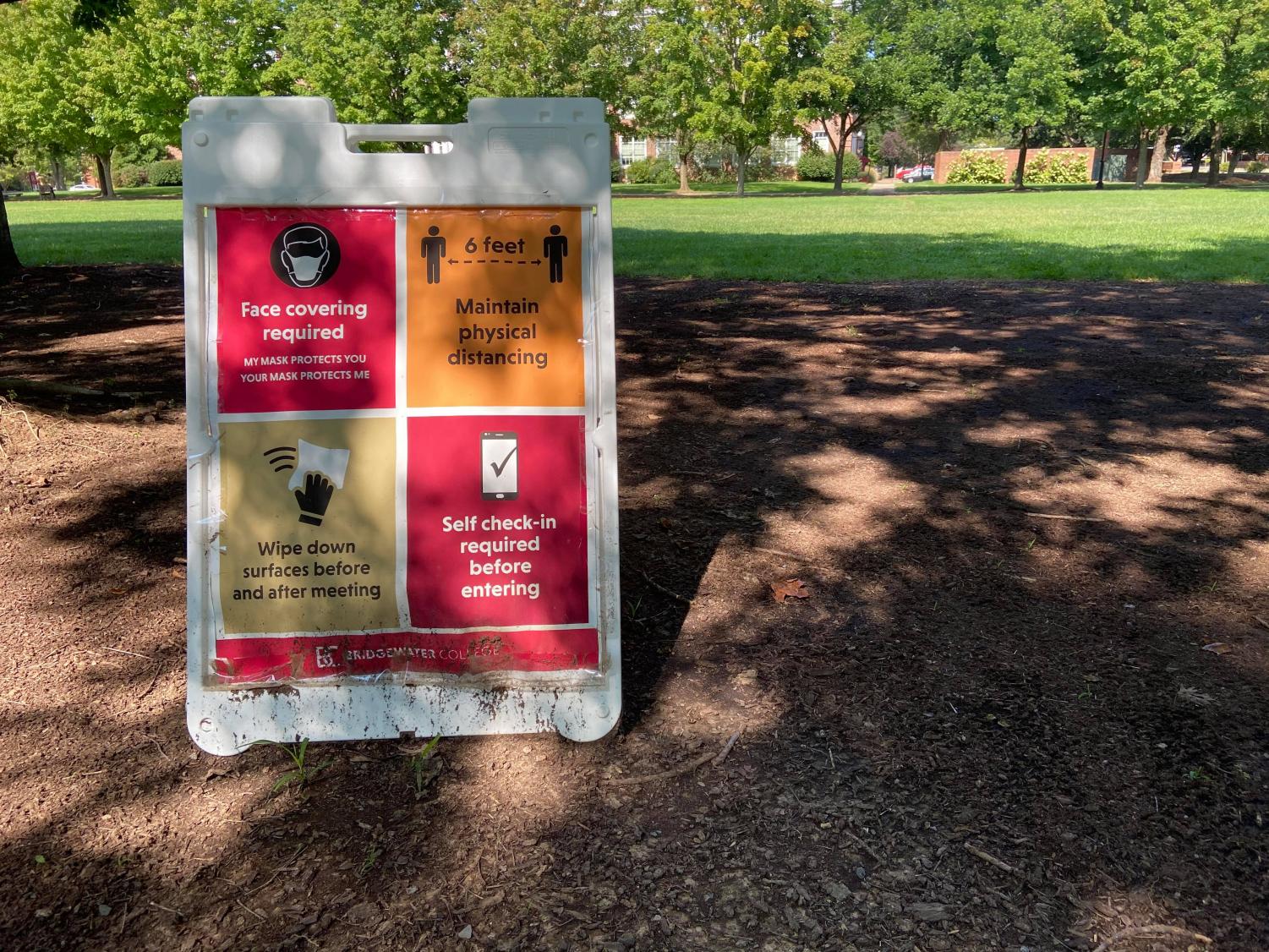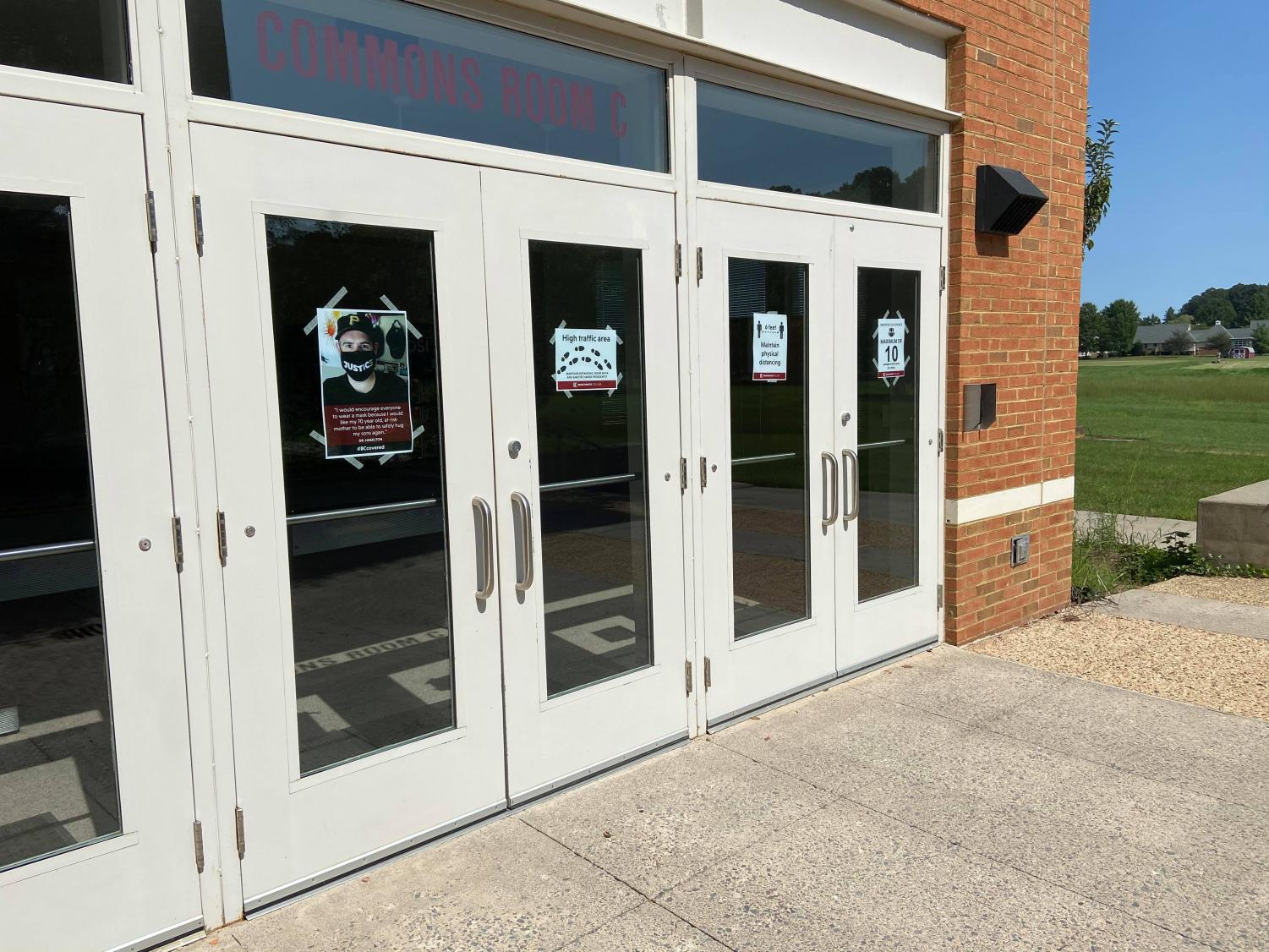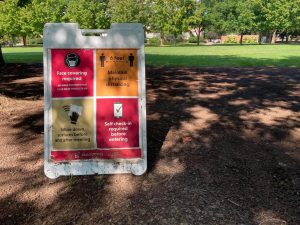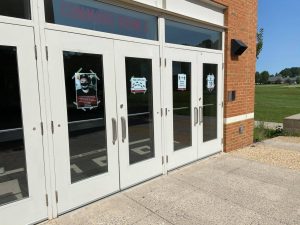Bridgewater College’s Response to the Coronavirus Pandemic
New Apps and Campus Dashboard Among Steps Being Taken to Limit Coronavirus Spread
September 11, 2020
Bridgewater, Va.- As Bridgewater College students returned to campus this August, the school informed students of various apps to help protect them and keep them updated throughout the Coronavirus pandemic.
Dr. Neil Rittenhouse, associate dean of students and psychologist, said the recommended mobile apps COVIDWISE and LiveSafe help keep students informed and safe.
“I believe COVIDWISE to be a safe way to track close contact of confirmed COVID-19 cases,” said Rittenhouse.
Students can use the LiveSafe app, customized by the college, to do a daily symptom check, which is required to enter most campus buildings. Also, school events, such as the recent Trivia Night, require students to complete the daily symptom check through LiveSafe in order to prevent the spread of Coronavirus across campus.
“It makes me feel better knowing how seriously the college is taking the situation. I enjoy seeing that, even with new obstacles and regulations, Bridgewater is still prioritizing giving us a great college experience,” said sophomore Ben Riddle.
The College also provided a dashboard for students to keep track of any confirmed coronavirus cases among students, faculty and staff, as well as how many people are in isolation or quarantine. The dashboard is updated on Tuesdays and Fridays. Rittenhouse informs Bridgewater administration of any positive cases reported from students or the Health Center.
After James Madison University’s recent move to online classes, there are mixed feelings about the future of Bridgewater College’s campus. According to Rittenhouse, JMU had a 16% positivity rate while Bridgewater is currently at a 0.3% positivity rate.
“I think JMU is in an unfortunate position of doing everything they can to control an outbreak. Their campus infrastructure is different than Bridgewater in the sense that there is a large proportion of students who live in adjacent off-campus housing,” said Rittenhouse. “That keeps JMU from being able to influence student behavior as much as they would like. JMU’s decision to suspend on-campus classes won’t necessarily positively affect Bridgewater unless our students continue to commit to abide by CDC and VDH guidelines.”
Some believe that JMU’s closure is going to positively affect the Bridgewater College outbreak numbers.
“The officials at JMU made a good decision to close, and shouldn’t consider opening back up until the spring semester,” said junior Morgan Pangle.
“I think there are definitely fewer interactions at JMU; however, just because JMU shut down doesn’t mean there aren’t going to be parties. Whether or not BC students go to them is up to them, but there are still a lot of JMU students in off-campus housing,” said junior Abigail Brown.
Bridgewater students are encouraged to continue the same measures to limit the spread. “Wear a mask, remain six feet apart, wash their hands regularly and hold their peers accountable to the behavioral expectations outlined by the CDC and VDH,” said Rittenhouse.
Bridgewater College President David Bushman sent out an email on Sep. 3 stating that the residency opt-out has been extended to Sep. 11 for students to receive a full residential fee refund. If students wish to opt out, they may fill out a form to switch to remote learning.

